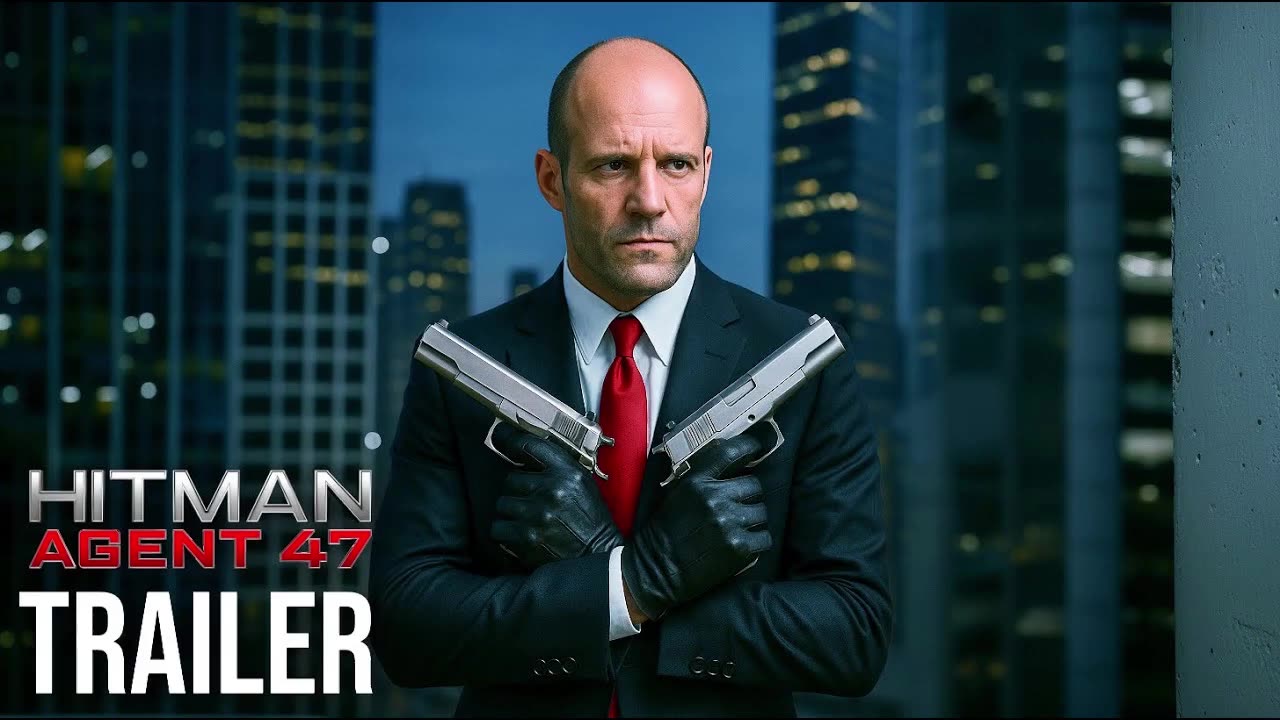Interstellar (2014), directed by Christopher Nolan, is a breathtaking blend of science fiction, emotional depth, and philosophical inquiry. Set in a bleak near-future where Earth is dying from dust storms, crop failure, and environmental collapse, the film explores the desperate quest to find humanity a new home—far beyond the stars.
At the center of the story is Cooper (played by Matthew McConaughey), a former NASA pilot turned farmer, who is recruited for a secret space mission. Alongside a team of scientists, including Amelia Brand (Anne Hathaway), Cooper must travel through a newly discovered wormhole near Saturn in search of habitable planets orbiting a distant black hole called Gargantua.
As the crew explores strange new worlds—each with their own deadly physics—they face mind-bending challenges: time dilation, gravity anomalies, and the emotional weight of leaving loved ones behind. Back on Earth, Cooper’s daughter Murph (Mackenzie Foy / Jessica Chastain) grows up resenting his absence but becomes key to solving the gravitational equation that might save humanity.
Interstellar is both grand in scale and deeply personal. It’s about survival, but also about the bonds between parent and child, the endurance of love, and the mysteries of space, time, and human destiny. With stunning visuals, theoretical physics grounded in real science (advised by physicist Kip Thorne), and Hans Zimmer’s haunting score, the film is as cerebral as it is emotional.
More than a journey across the galaxy, Interstellar is a journey inward—into what defines us as a species: our need to explore, to connect, and to hope.
Mankind was born on Earth.
It was never meant to die here.
This is Interstellar. Love is the bridge between the stars.


-1751601651-q80.webp)
